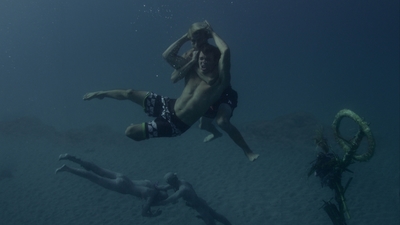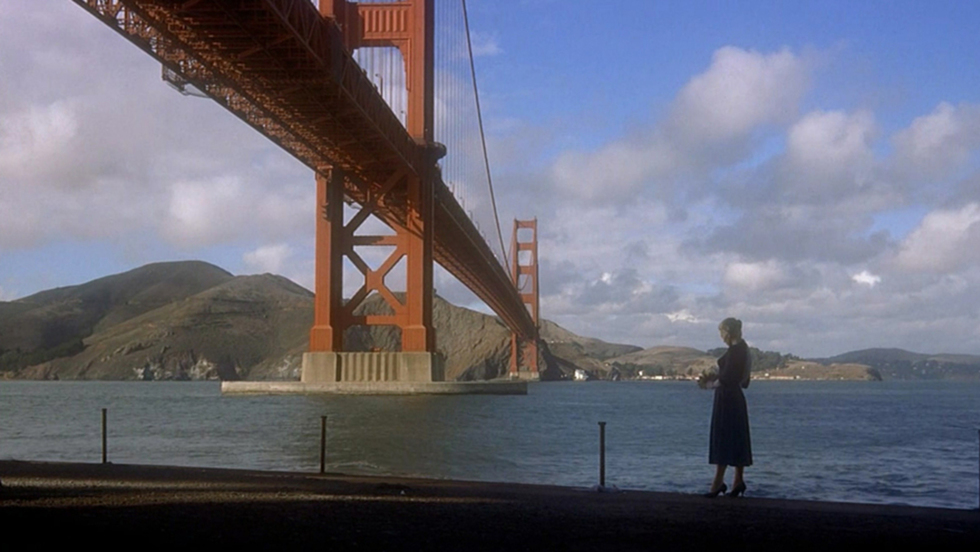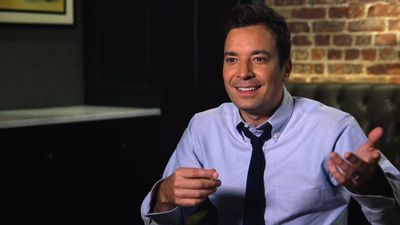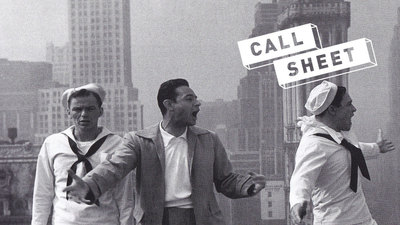
BY ZACHARY WIGON |
Vertigo, Chris Marker, Side By Side and the Illusion of Cinema
How did “Vertigo”—the newly-minted Greatest Film of All Time (as per Sight & Sound)—and the late Chris Marker blur the lines that separate reality from illusion?

Cinema is built upon smoke and mirrors, the promise that if the audience suspends their disbelief, they will be transported to a more interesting realm. Chris Kenneally and Keanu Reeves’s documentary Side By Side (now on VOD) is a testament to this element of trickery integral to cinema—by exploring the divide between the celluloid and digital formats, and questioning what is lost and gained in the process of that transition, the film reveals how cinema is at a moment where it is losing one key format, and attempting to replace it with another, despite the fact that this task is impossible.
The events of the past month in the larger film world point to a similar idea of loss and recreation at the heart of cinema. We lost one of our greatest filmmakers, the master of the essay film, Chris Marker, the same week that the BFI’s Sight & Sound poll—the most revered film poll on the planet—named Vertigo as the #1 film of all time, supplanting Citizen Kane after 50 years of rule. And of course, that same week a whole new batch of films was released, continuing the cycle of cinema. Yet in noteworthy fashion, all three events share a common thread.
There is something essential, even primal, about Vertigo, which assures its place in the canon. The story of a man who loves what turns out to be an illusion, loses that illusion, and attempts to re-create it identically, only to have it shatter again, is really the story of both film-watching and film-making. Whenever a movie audience settles into their seats in the dark, they become enraptured with an illusion that they soon come to believe is real—indeed, they must believe it is real, in order to be engrossed in it—only to be painfully, awkwardly thrust back into the real world once the lights come up and the magic is over. Likewise, every time a filmmaker yells “Action!” she is attempting to cajole an illusion into being, an illusion that has existed with all the texture of reality inside her head for some time.
The questions raised by Vertigo—questions not only of what is real and what is an illusion, but of the nature of time and memory, how cinema is the art form most well-equipped to collapse the past and the present into one another with crushing dissonance—were picked up and run with by Chris Marker, who made a whole career out of the examination of Vertigo’s themes. (Vertigo was Marker’s favorite film.)

In Sans Soleil, Marker’s masterpiece (and in this critic’s opinion, the greatest essay film—maybe the greatest film, period—ever made), the narrator informs us, regarding Marker’s thoughts on Vertigo, “He imagined Scotty as time’s fool of love, finding it impossible to live with memory without falsifying it. Inventing a double for Madeline in another dimension of time, a zone that would belong only to him and from which he could decipher the indecipherable story that had begun at Golden Gate when he had pulled Madeline out of San Francisco Bay, when he had saved her from death before casting her back to death. Or was it the other way around?”
These concepts—the falsification of memory, the creation of a double in another dimension—and their relation to the self sound pretty academic and philosophical at first. They are. And yet these themes—expressed so powerfully in Vertigo, as well as (most influentially) in Marker’s famous short film, La Jetée—have powered some of the most successful Hollywood blockbusters of the modern era. La Jetée itself served as the basis for Terry Gilliam’s Twelve Monkeys, but on top of that, Memento, Dark City, The Matrix, Inception and The Bourne Identity series all feature gripping narratives that explore themes central to Vertigo and Marker’s work. And of course, there’s no better example of this sort of film than Total Recall, the remake of which was released a few weeks ago.
In these “memory thrillers,” identity is ever-shifting, a composite of the limited memories and knowledge of self that is available to their protagonists. With only scraps of the past to go on, these characters cannot help but make a hash of the present. Without really understanding the past, they wind up trying to construct realities that have no logical basis, and are ultimately unhinged from their previous realities.

In Memento, a man who wants to avenge his wife’s murder keeps killing men who he believes killed her—not realizing [spoiler alert] that he himself killed her—and willfully obscures the truth from himself so that his life might have a purpose, albeit an illusory one. In Total Recall, a man who’s been wiped of his memory comes to fight for a political cause totally antithetical to the one he supported before his memory was wiped, effectively becoming an entirely different person, post-amnesia. He has entered, like Scotty from Vertigo, another dimension of time, where he exists as a different person.
Vertigo and La Jetée (which concerns a time-traveling man who realizes at the end of his life that he witnessed his own death as a child) are enormously different from these more modern “memory thrillers,” insofar as their storytelling deliveries and stylistic atmospherics are far more subtle and stately. The fact that such a gap exists between art films like La Jetée (or Sans Soleil) and Hollywood blockbusters like Total Recall—while both films address the same central themes—speaks to how essential the realms of memory and identity are to cinema. Whether watching an art film or a thriller, the question of “What is real and what is an illusion?” is never far from the audience’s mind.
Movies, more than any other art form, are built upon the idea that if the audience accepts the images presented onscreen as real events, they can enter a more interesting universe than the one they came from. Whether a moviegoer is a snobbish cinephile getting a Ph.D. in film studies or a casual viewer killing a couple hours on a hot day, their shared fascination with mankind’s attempt to separate reality from illusion will always be the thread that unites them.

